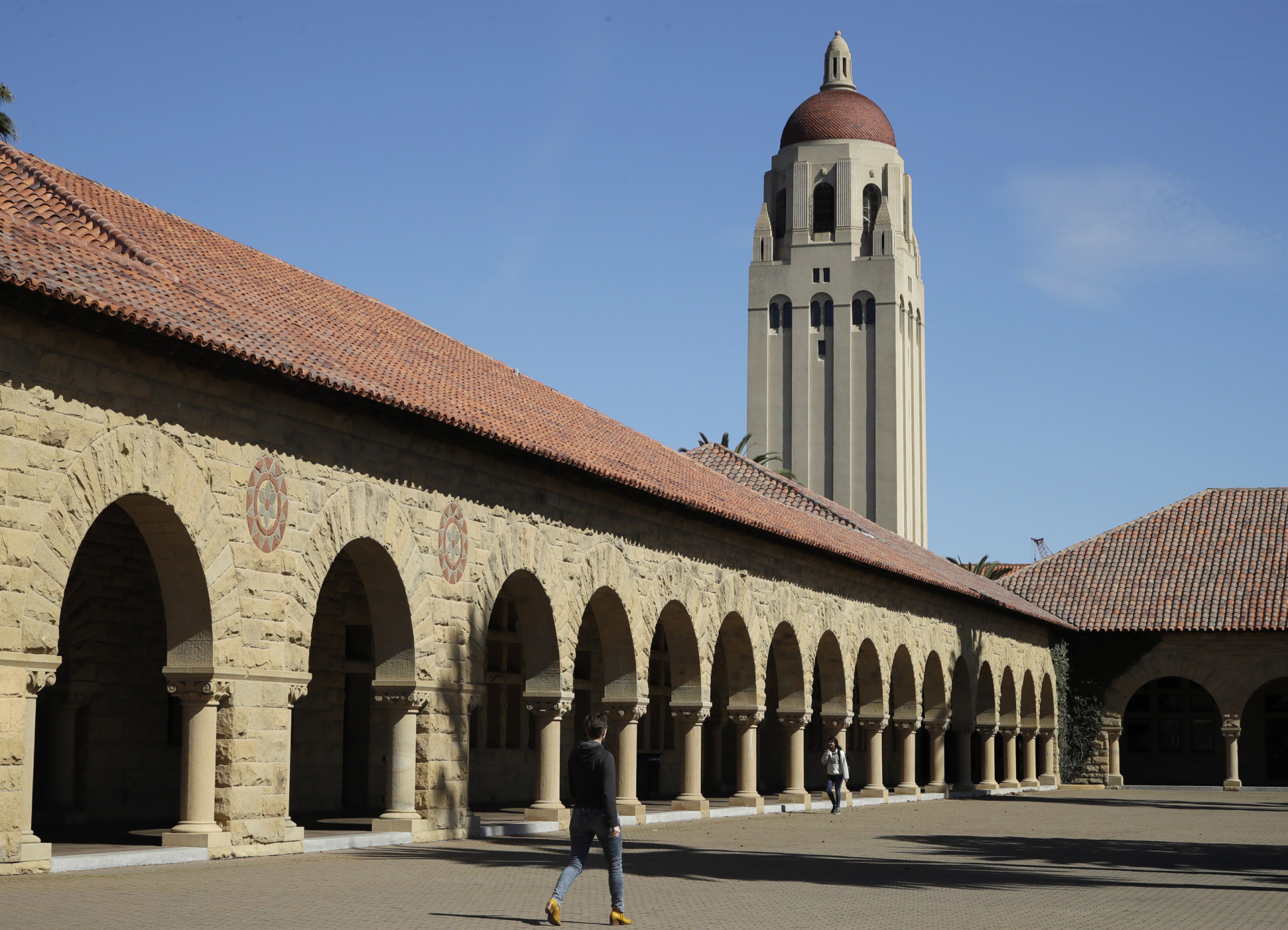Hong Kong’s Li Ka-shing donates HK$120 million to Stanford University to nurture entrepreneurs, pioneer disease therapies
Hong Kong’s richest man has donated about HK$120 million (US$15 million) to Stanford University to fund a programme that aims to nurture entrepreneurs, as well as research efforts to combat genetic neurological and immune-related diseases.
The Li Ka Shing Foundation will give some of the money to the Stanford Initiative for Entrepreneurs’ Resilience and Well-Being (SIER), while the rest will go to the research projects of two prominent scholars.
“I am especially pleased this gift reaffirms my lifetime pursuit in support of the good of science, where innovations become inspiring novel solutions in the hands of successful entrepreneurs,” retired tycoon Li Ka-shing wrote in a statement earlier this week.
The 95-year-old billionaire also praised the SIER programme for its goal of unlocking “critical pathways for transformative technologies” to benefit the world.
The tycoon previously pledged funds in 2010 to establish the Li Ka Shing Center for Learning and Knowledge under Stanford’s medical school.
The latest round of funds will support research efforts that focus on why “some entrepreneurs are resilient and ultimately achieve their goals, while others are unsuccessful”.
The initiative aims to understand what makes successful entrepreneurs and promote those traits, in addition to understanding the challenges faced by women and those from minority groups in the field.

Li, the former board chairman at conglomerate CK Hutchison Holdings, was born in the mainland Chinese city of Chaozhou in 1928 and came from humble beginnings.
He fled the city during the Second Sino-Japanese War, which spanned from 1937 to 1945, and grew his business empire from a plastic factory business in Hong Kong.
The retired tycoon sat at the top of the Forbes list of Hong Kong’s top 50 richest people published last week, thanks to his estimated net worth of US$36.2 billion.
Li’s donation to the university will help support the work of Professor Michael Fischbach, a director of the Stanford Microbiome Therapies Initiative, to develop new therapies for immune-related diseases through the use of human skin bacteria.
Li Ka-shing’s CK Hutchison ends Italian telecoms joint venture with Sweden’s EQT
Li Ka-shing’s CK Hutchison ends Italian telecoms joint venture with Sweden’s EQT
Stanley Qi, an associate professor at the university’s bioengineering department, will also benefit from the endowment.
The scholar’s research on synthetic neuroscience aims to devise gene therapies for currently untreatable genetic neurological diseases.
University president Richard Saller thanked Li, whom the institution called a “long-time friend”, for his continuous support of its teaching, student experiences and healthcare research.
“His contributions provide profound benefits to so many in our own community and well beyond,” Saller said.
The tycoon’s younger son, telecoms magnate and PCCW Limited founder Richard Li Tzar-kai, previously studied at the university before dropping out in his final year to work at an investment bank.
Li Ka-shing hails Hong Kong and Singapore’s growth path in Lee Kuan Yew tribute
Li Ka-shing hails Hong Kong and Singapore’s growth path in Lee Kuan Yew tribute
Li Ka-shing is also considered a long-time backer of medical research efforts in Hong Kong and overseas.
The billionaire in 2020 donated HK$100 million to Hong Kong’s medical sector as it battled the Covid-19 pandemic.
A fifth of the endowment – HK$20.8 million – was divided into HK$50,000 cash gifts for graduates from the University of Hong Kong’s medical school who finished their studies that year or in 2021.
He also donated HK$500 million to set up the city’s first synthetic biology institute at the Hong Kong University of Science and Technology in 2019 as part of efforts to develop technologies that integrated genetic engineering and artificial intelligence.


